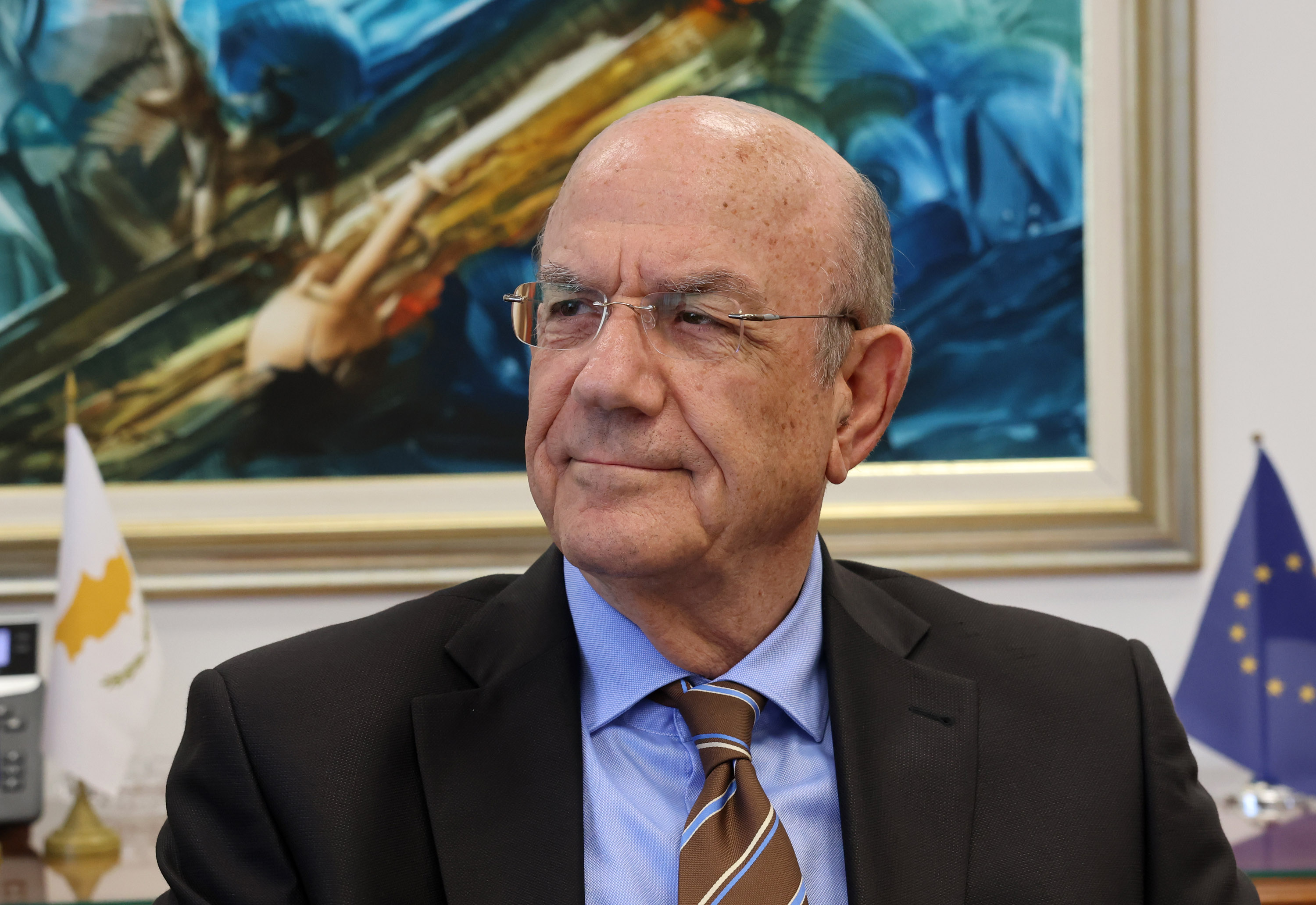Finance Minister Makis Keravnos expressed concerns that the tensions in the Red Sea could fuel more inflation. Speaking to CNA from Brussels, where he attended sessions of the Eurozone Finance Ministers (Eurogroup) and the Finance Council (ECOFIN), Keravnos acknowledged the unpredictability of the situation.
The recent Houthi attacks on ships in the Red Sea prompted major container shipping companies to take a much longer route to the Mediterranean, avoiding using the Suez Canal corridor, opting instead go past the Cape of Good Hope. This change in maritime route has resulted in a surge in freight rates, which could lead to higher prices.
“As (head of the IMF Christine) Lagarde has said, as well as many others, including me, there is a risk, but one cannot predict the impact on inflation,” said Keravnos. “They are concerned about the developments, and the possibility of a new bout of inflation cannot be ruled out,” said Keravnos.
During the Eurogroup meeting, Keravnos brought attention to the growing concerns among countries about the impact of unpredictable geopolitical developments on the economy, energy, and inflation. He acknowledged the difficulties in forecasting development because of the ever-changing nature of the situation.
Monday’s talks centred on the crucial topic of sourcing energy in the transition to a green economy. Participants looked at the complexities of creating a unified European energy source.






Click here to change your cookie preferences